
Klobuchar
After months of fruitless discussions with cell phone carriers, the U.S. Senate is moving closer towards legislation that would stop phone companies from blocking “kill switch” technology that could disable lost or stolen phones, discouraging would-be thieves.
Sen. Amy Klobuchar (D-Minn.) sent letters this week to Verizon Wireless, AT&T, Sprint and T-Mobile asking the carriers to do more to protect customers from phone theft.
Klobuchar is concerned wireless companies may be blocking cell phone manufacturers from enabling anti-theft technology customers could activate to disable missing phones and prevent unauthorized access or reactivation without the customer’s consent.
“Mobile devices aren’t just telephones anymore – increasingly people’s livelihoods depend on them,” Klobuchar said. “That’s why we need to do more to crack down on criminals who are stealing and reselling these devices, costing consumers billions every year. The wireless industry needs to step up to the plate and address these thefts, and make sure consumers have the most advanced security technology at their fingertips.”
The technology is already widely available internationally and has dramatically reduced smartphone theft by eliminating most of the resale value of the expensive devices, which are rendered useless once the phone is disabled.
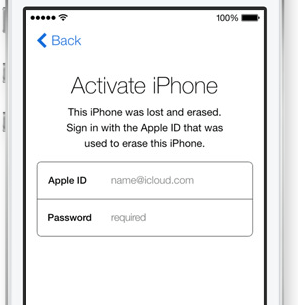
Apple has contractual control over its products unlike most cell phone manufacturers.
But American carriers have so far refused permission to allow manufacturers like Samsung to introduce the feature in North America. Apple has successfully introduced a “kill switch” on many of its latest devices thanks to favorable contractual language that limits outside interference with the software Apple develops for its wireless devices. Other manufacturers are generally required to bow to carrier demands.
“I think that this is motivated by profit,” San Francisco district attorney George Gascon told CNN. Gascon reported he had seen e-mails from carriers that rebuffed Samsung’s efforts to introduce the technology in the American market.
Companies like AT&T claim that a “kill switch” feature could be exploited by hackers and make restoring service extremely difficult. But manufacturers and proponents of kill switch technology dismiss that argument, claiming the process is easily reversible once a customer enters a correct name and password. Critics believe carriers are motivated by the potential loss of millions from the sale of insurance plans, replacement phones, and the increased revenue earned from the reactivation of stolen phones.
With more than 1.6 million smartphones stolen or lost annually, carriers sell more than $800 million of replacement phones worth at least $500 each. Wireless phone companies also profit selling insurance plans priced at $7 or more monthly that offer free or discounted, typically refurbished cell phone replacements. Most customers never use the insurance plans, earning providers an extra $84 a year in revenue per customer.
Without kill switch technology and other theft prevention measures, the incentive to steal valuable smartphones continues to increase. As the price of sophisticated smartphones continues to increase, they are a prime target in street crime incidents. In San Francisco, 67% of robberies are related to mobile devices, according to the police department. Ten percent of phone owners have had a phone stolen, according to a Harris poll.
For now, the industry has only agreed to develop a voluntary database of phones reported lost or stolen. But participating carriers are largely American, allowing crooks to bypass the list by exporting phones overseas where they are quickly reactivated.
Klobuchar wants carriers to go on the record about kill switch technology, and her letter requested a formal response to three questions:
- Whether companies received offers from handset manufacturers to install “kill switch” technology;
- Have companies introduced the technology and, if not, why not;
- How companies will introduce such technology in the future.
[flv]http://www.phillipdampier.com/video/CNN Kill Switch Smartphones 11-20-13.flv[/flv]
CNN reports American cell phone companies aren’t interested in allowing customers to remotely disable their lost or stolen cell phones. (0:43)
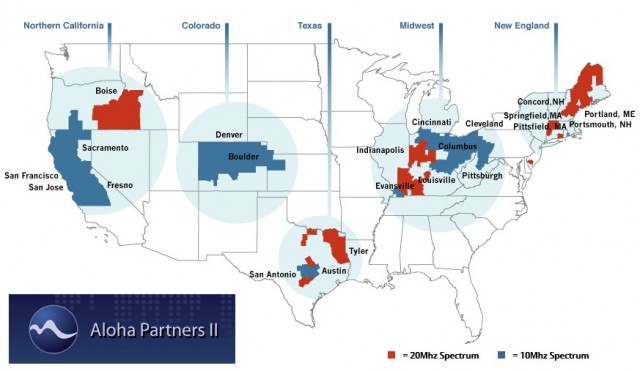
 Financial terms were not disclosed.
Financial terms were not disclosed.

 Subscribe
Subscribe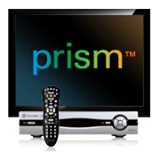 CenturyLink has launched an aggressive new marketing campaign to promote its fiber to the neighborhood service in the greater Omaha area.
CenturyLink has launched an aggressive new marketing campaign to promote its fiber to the neighborhood service in the greater Omaha area. Like AT&T, CenturyLink has put its DVR front and center in its marketing efforts. Most cable company DVRs allow two simultaneous recordings — Prism TV supports up to four. The service also introduces the “whole house DVR” concept to customers without an expensive add-on. This feature lets customers pick up watching recorded shows where they left off when switching rooms.
Like AT&T, CenturyLink has put its DVR front and center in its marketing efforts. Most cable company DVRs allow two simultaneous recordings — Prism TV supports up to four. The service also introduces the “whole house DVR” concept to customers without an expensive add-on. This feature lets customers pick up watching recorded shows where they left off when switching rooms.
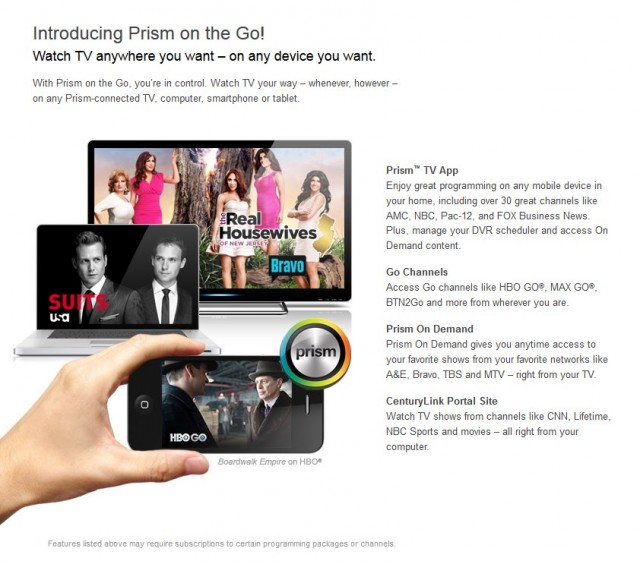 A&E
A&E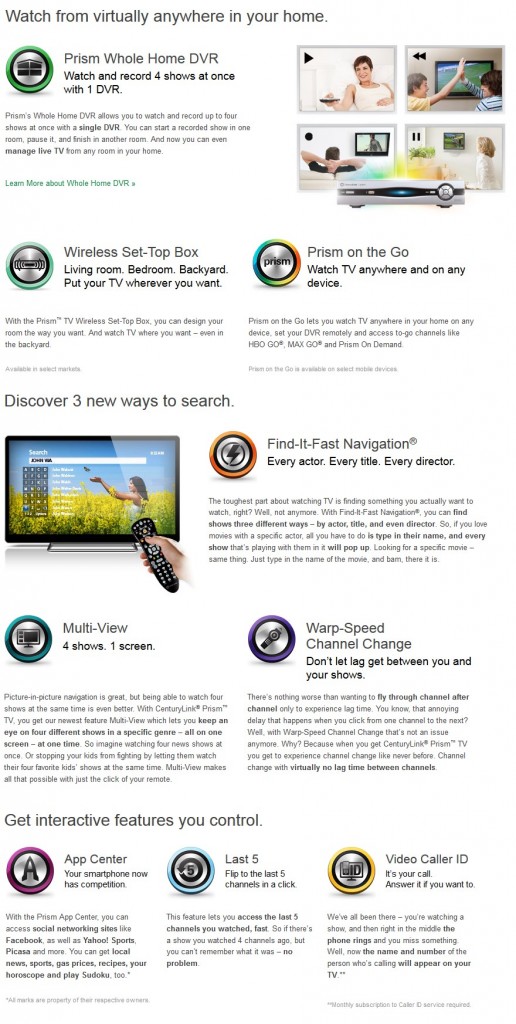 Discovery
Discovery Pixl
Pixl

